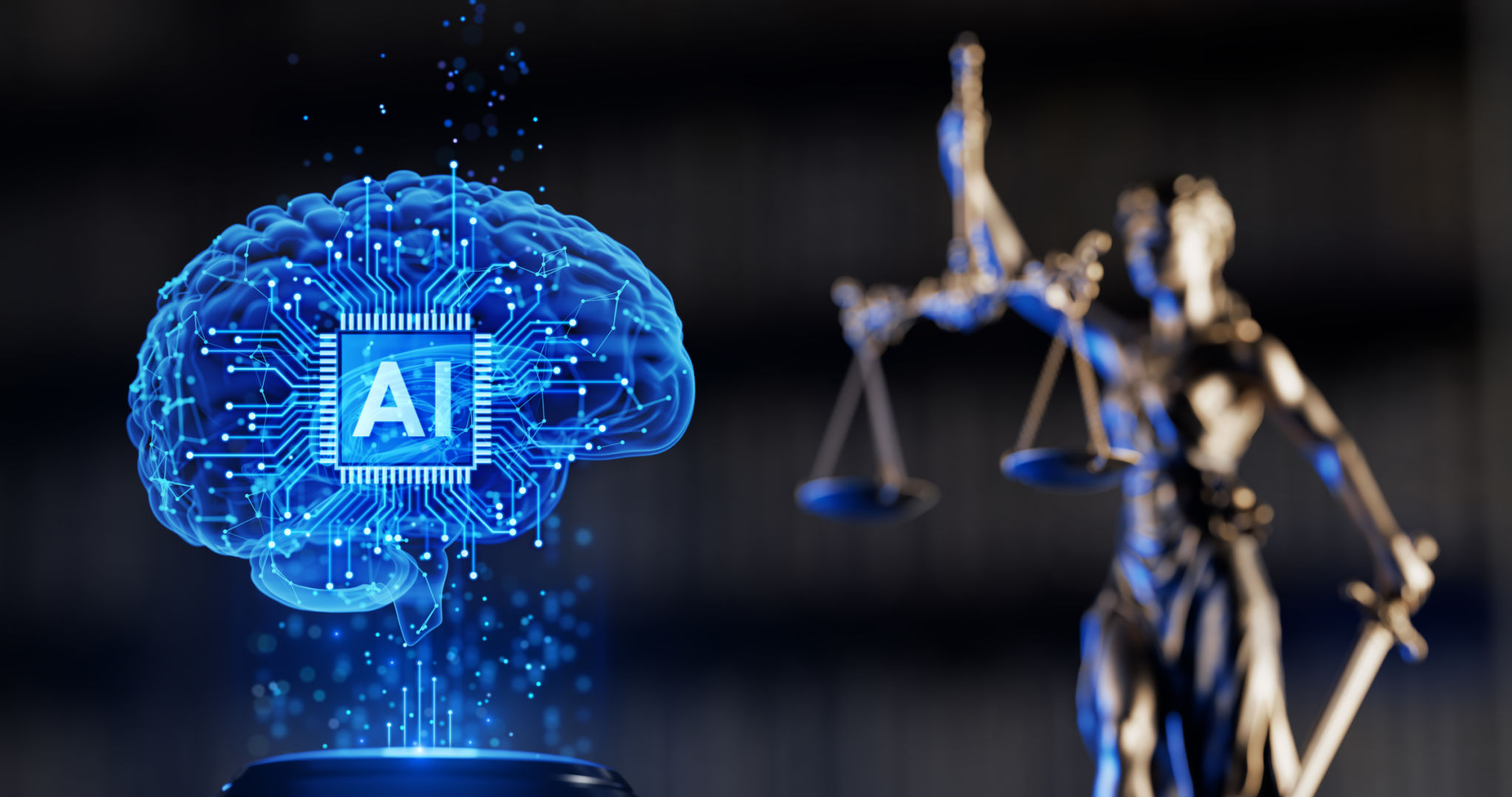Case Study: Successful Integration of AI in a Legal Environment
Introduction to AI in Legal Environments
The integration of artificial intelligence (AI) into the legal sector has been a transformative journey, reshaping traditional practices and setting new standards for efficiency and accuracy. By leveraging AI, law firms and legal departments are enhancing their capabilities to manage vast amounts of data, streamline operations, and deliver better client services.

Challenges Before AI Implementation
Before embracing AI, many legal professionals faced significant challenges, including time-consuming document reviews, data management issues, and the burden of administrative tasks. The traditional methods were not only labor-intensive but also prone to human error. This scenario called for a technological intervention that could alleviate these pressures.
Seamless Transition with AI
The transition to AI was meticulously planned and executed. Law firms began by identifying areas where AI could provide the most substantial impact. These included document management, case law research, contract analysis, and predictive analytics. By streamlining these processes, firms have not only reduced costs but also enhanced their decision-making capabilities.

AI-Powered Tools and Their Benefits
One of the most significant advancements has been the introduction of AI-powered tools that can process and analyze large volumes of documents in a fraction of the time it would take a human. These tools use natural language processing (NLP) to understand and interpret legal language, making document review faster and more accurate.
- Predictive Analytics: Helps in forecasting case outcomes based on historical data.
- Automated Document Review: Reduces the time required for contract analysis and due diligence.
- Enhanced Research Capabilities: AI-driven search engines provide more comprehensive results.
Case Study: Transformative Outcomes
A mid-sized law firm that integrated AI into its operations reported remarkable improvements. The firm experienced a 30% reduction in time spent on routine tasks, allowing attorneys to focus on more strategic work. This shift not only improved client satisfaction but also increased the firm's overall productivity.

Addressing Concerns and Ethical Considerations
Despite the benefits, the integration of AI in legal environments raises concerns about job displacement and ethical implications. However, rather than replacing human expertise, AI serves as a tool to augment human capabilities. By automating routine tasks, legal professionals can direct their efforts toward complex problem-solving and client interaction.
Future Prospects
The future of AI in the legal sector appears promising, with continuous advancements expected in AI algorithms and tools. As these technologies evolve, they will undoubtedly bring about more innovations that will further enhance efficiency and accuracy while maintaining ethical standards.
In conclusion, the successful integration of AI in legal environments demonstrates how technology can transform traditional sectors. As law firms continue to adopt these advancements, they set a precedent for other industries to follow suit, proving that AI is not just a tool for efficiency but a catalyst for innovation.
